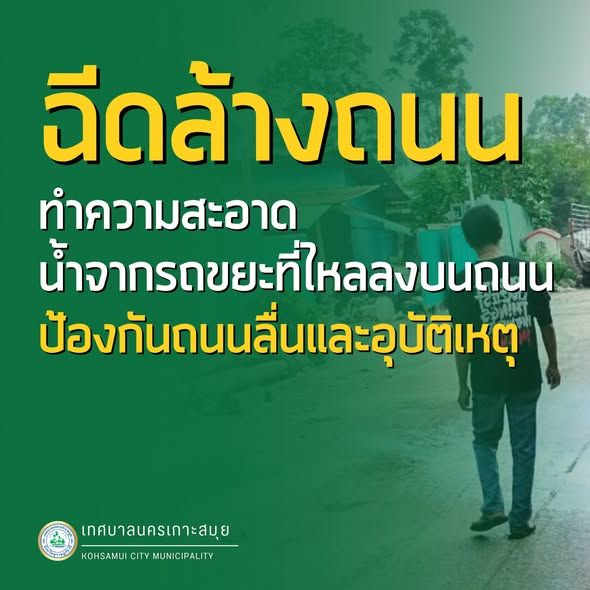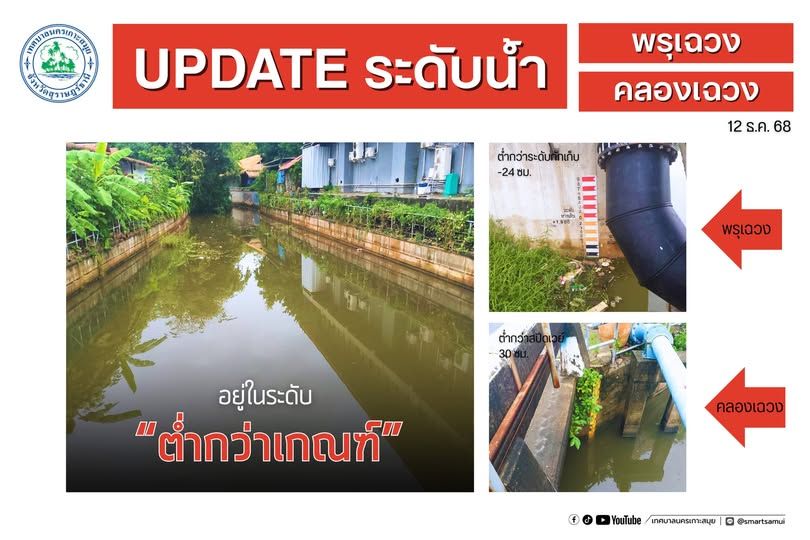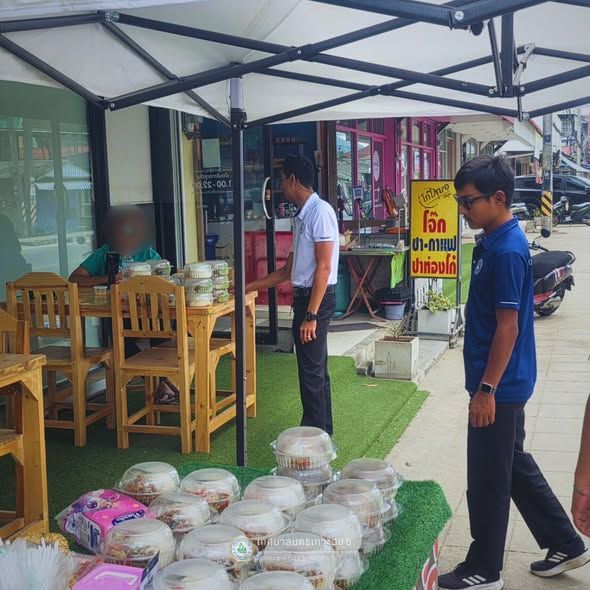“Most Thais oppose extending nightlife hours from 2am to 4am, according to a recent Nida Poll. While some believe it could be beneficial for the economy and tourism, the majority of respondents are against it. #ThailandNightlife #Tourism #Economy”
Poll Results on Opening Hours Extension
A recent opinion poll conducted by the National Institute of Development Administration (Nida Poll) revealed that the majority of respondents are against extending the opening hours of nighttime entertainment venues from 2am to 4am. The survey aimed to gather public opinions on the Interior Ministry’s proposal to keep venues open for an additional two hours to boost economic and tourism growth.
Survey Methodology
The Nida Poll was carried out from October 17-19 through telephone interviews with 1,310 individuals aged 20 and over, representing various education levels, occupations, and income groups across the country.
Nightspot Visitation Rate and Frequency
Out of all respondents, 55.65% claimed that they never visited such places, while the remaining 44.35% admitted to having been to these venues in the past. Among those who had visited nightspots (581 respondents), their visit frequency within the past twelve months varied:
- 57.66%: Not even once
- 33.22%: Occasionally
- 4.13%: Once a month
- 2.58%: Once a week
- 2.07%: Three to five days a week
- 0.34%: Every day
Views on Extending Closing Time
When all respondents were asked about their stance on changing the closing time from 2am to 4am, their opinions were as follows:
- 41.76%: Nightspots should close at 2am, when it is not too late.
- 8.32%: Venues should close before 2am.
- 4.35%: Nighttime entertainment venues should not be allowed in Thailand.
On the contrary:
- 23.66%: Venues should stay open until 4am, but only in cities popular with foreigners.
- 17.56%: Closing time should be 4am throughout the country.
Additionally, 4.27% of respondents did not know or were not interested, while 0.08% had different opinions, including suggesting a 3am closing time.
Confidence in Revenue Generation
When asked if they believed the extension of operating hours would help generate higher revenue from tourism during the current economic downturn, 54.43% of respondents answered “no” and 44.27% answered “yes”. The remaining 1.30% either did not know or were not interested.
As seen from the survey results, public opinion is divided on whether extending nightlife hours would benefit the economy and tourism sector. While a significant portion of respondents is against the idea, some believe it could be a viable solution in specific areas or nationwide.
Frequently Asked Questions
Q1: What was the overall opinion of Thais regarding the extension of nightlife hours from 2am to 4am according to the Nida Poll?
The Nida Poll revealed that the majority of respondents are against extending the opening hours of nighttime entertainment venues from 2am to 4am, with 41.76% saying nightspots should close at 2am, 8.32% suggesting they should close before 2am, and 4.35% believing such venues should not be allowed in Thailand. However, 23.66% were in favor of extending hours until 4am in cities popular with foreigners, and 17.56% were for a 4am closing time throughout the country.
Q2: What was the visitation rate and frequency for nighttime entertainment venues amongst respondents?
Among the 1,310 individuals surveyed, 55.65% claimed they never visited such places, while 44.35% admitted to having been to these venues in the past. Within the group who had visited nightspots (581 respondents), their visit frequency within the past twelve months varied: 57.66% hadn’t visited even once, 33.22% went occasionally, 4.13% visited once a month, 2.58% once a week, 2.07% three to five days a week, and 0.34% every day.
Q3: Did the respondents believe extending operating hours would help generate higher revenue from tourism during the economic downturn?
When asked if the extension of operating hours would help generate higher revenue from tourism during the current economic downturn, 54.43% of respondents answered “no” and 44.27% answered “yes”. The remaining 1.30% either did not know or were not interested.




